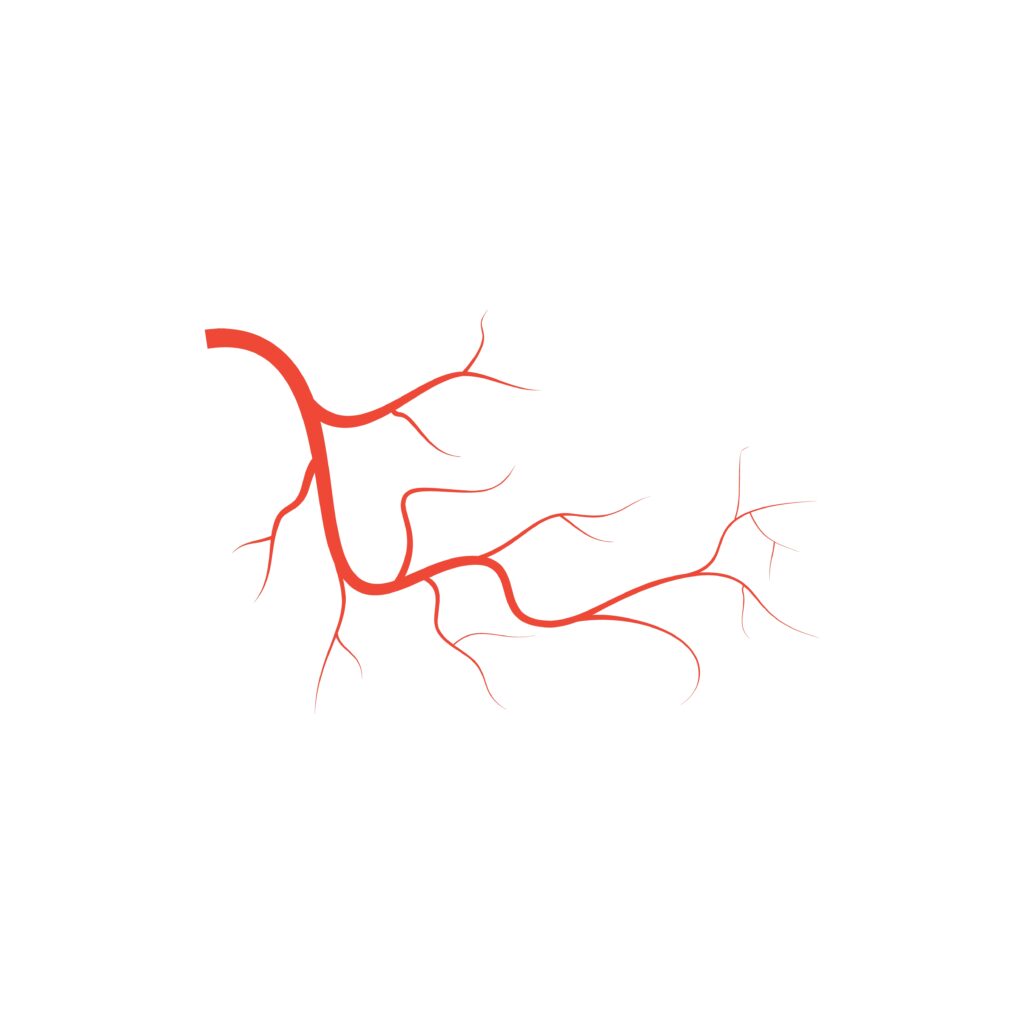Ramucirumab
Ramucirumab is a monoclonal antibody drug used in cancer treatment. It specifically targets and inhibits a protein called vascular endothelial growth factor receptor 2 (VEGFR2). This protein plays a crucial role in angiogenesis, which is the process of forming new blood vessels. Angiogenesis is a key mechanism that tumors use to grow and spread, as they need a blood supply to survive and thrive.
By blocking VEGFR2, ramucirumab helps to cut off the blood supply to tumors, essentially starving them of the nutrients and oxygen they need to grow. This can slow down tumor growth and may even shrink tumors in some cases.
Ramucirumab is used to treat several types of cancer, including gastric (stomach) cancer, colorectal cancer, lung cancer, and liver cancer. It is often used in combination with chemotherapy or other targeted therapies.
Like any medication, ramucirumab can cause side effects, which may include high blood pressure, fatigue, nausea, diarrhea, and decreased appetite. However, these side effects are usually manageable and temporary.
Other medications work by targeting the same angiogenic pathways as ramucirumab and are used in similar clinical settings. However, they may have different mechanisms of action and side effect profiles.
Overall, ramucirumab represents an important advance in cancer treatment, offering new hope to patients with certain types of advanced cancer.



